
Sneak-Peeking Cloud Computing Engineer Salary in India in 2025
Mar 06, 2025 7 Min Read 13950 Views
(Last Updated)
For the past few years, cloud computing has become the new “gold” in the field of computer science and almost everyone is seeking it out. But, how come one chooses a field without knowing how much it pays back? To help you with that, we came up with this article where I’ll be explaining the cloud computing engineer salary in India.
In this article, you’ll understand in-depth about cloud computing engineering and explore various cloud computing engineers’ salaries in this dynamic field. So, are you ready to get a sneak peek into the Cloud Computing Engineer salary in India? Let’s get started
Table of contents
- Who is a Cloud Computing Engineer?
- Cloud Computing Engineer Salary in India
- Entry-Level Cloud Computing Engineer
- Junior Cloud Computing Engineer
- Cloud Solutions Architect
- DevOps Engineer with Cloud Skills
- Cloud Security Engineer
- Cloud Consultant
- Tips to Increase a Cloud Computing Engineer's Salary
- Gain Experience
- Get Certified
- Specialize
- Stay Updated
- Showcase Problem-Solving Skills
- Consider Relocation
- Negotiate Effectively
- Conclusion
- FAQ
- What is cloud computing, and why is it important?
- What is the average Cloud Computing Engineer salary?
- What are the different roles within cloud computing?
- How can I start a career in cloud computing with no prior experience?
- Are certifications essential for a career in cloud computing?
Who is a Cloud Computing Engineer?

A Cloud Computing Engineer is a tech expert who makes sure everything runs smoothly in the cloud storage. They specialize in creating, managing, and optimizing virtual spaces, often referred to as “the cloud,” where data, software, and applications are stored and operated.
Think of them as the architects who design and maintain the cloud infrastructure, allowing companies and individuals to access information and services from anywhere, just like retrieving items from a well-organized digital storage room.
They play a crucial role in helping businesses utilize the power of the cloud, save on physical hardware costs, and ensure that digital operations are secure and efficient.
In simple terms, there are a lot of trends in Cloud Computing and these engineers are the ones who keep our online world working seamlessly.
Before we move to the next part, you should have a deeper knowledge of cloud computing concepts. You can consider enrolling yourself in GUVI’s Cloud Computing Course, which lets you gain practical experience by developing real-world projects and covers technologies including Azure Command-Line Interface (CLI), Azure Monitor, Azure Resource Manager (ARM) Templates, and tools like Visual Studio Code, among many others.
Additionally, if you want to explore Azure through a Self Paced course, try GUVI’s Azure certification course.
Cloud Computing Engineer Salary in India

A Cloud Computing Engineer’s salaries in India can vary significantly based on experience levels and the specific job roles within the field.
India has a rapidly growing IT and cloud computing industry, and demand for skilled cloud professionals is high. Here’s a breakdown of salary ranges for cloud computing engineers in India based on experience and job roles:
1. Entry-Level Cloud Computing Engineer
An Entry-Level Cloud Computing Engineer is someone who is just starting a career in the field of cloud computing. Here’s an explanation of their salary and job responsibilities in simple terms:
Entry-Level Cloud Computing Engineer Salary:
An Entry-Level Cloud Computing Engineer’s salary in India is expected to range from ₹3,00,000 to ₹6,00,000. This needs an experience of just 0-2 years and if you are just starting out, this is the role that you have to seek out
Job Responsibilities:
- Entry-level cloud engineers are like beginners in the world of cloud technology.
- You help your team set up and manage computer systems and software that are not stored on traditional computers but on remote servers, often called “the cloud.”
- You learn the basics of cloud platforms like Amazon Web Services (AWS), Microsoft Azure, or Google Cloud.
- You might assist in moving data and applications from on-site computers to the cloud.
- You also help in making sure the cloud systems are working smoothly and help solve any small problems or issues.
- Your main job is to learn and grow your skills in cloud technology so you can take on more responsibilities as you gain experience.
In simple terms, you are like the “apprentices” in the world of cloud computing. You are just starting out, so you earn a beginner’s salary, and your main job is to learn and assist with the basics of cloud technology. Over time, as you become more experienced, you can take on bigger tasks and earn higher salaries.
2. Junior Cloud Computing Engineer
A Junior Cloud Engineer is a relatively junior or entry-level professional in the field of cloud computing. Their role primarily involves assisting with various cloud-related tasks and learning the ropes of cloud technology.
Junior Cloud Computing Engineer Salary:
A Junior Cloud Computing Engineer’s salary in India will range from ₹6,00,000 to ₹10,00,000 and you are expected to have an experience of 2 to 5 years in the cloud computing field to get this job role.
Job Responsibilities:
- Think of a Junior Cloud Engineer as someone who’s in the early stages of their cloud computing career.
- You are expected to work with cloud platforms like Amazon Web Services (AWS), Microsoft Azure, or Google Cloud.
- Your main job is to assist in setting up and managing cloud systems for your company.
- You help with tasks like creating virtual servers, storing data in the cloud, and making sure everything runs smoothly.
- Junior Cloud Computing Engineers might also help with moving software and data from on-site computers to the cloud.
- You work with more experienced cloud engineers and learn from them.
- Your goal is to gain experience and become more skilled in cloud technology over time.
A Junior Cloud Computing Engineer is like a “cloud helper” who is learning how to use cloud technology. You earn a salary that reflects your growing expertise. Their job is to assist with basic cloud tasks and learn from your more experienced colleagues as you progress in your careers.
3. Cloud Solutions Architect

A Cloud Solutions Architect is like a master planner for a company’s digital systems. They work with big cloud platforms like Amazon Web Services (AWS), Microsoft Azure, or Google Cloud. Your main job is to design complex cloud systems for companies.
Let’s understand the role of a Cloud Solutions Architect, their salary, and their job responsibilities:
Cloud Solutions Architect Salary:
A Cloud Solutions Architect in India can earn an annual salary ranging from ₹10,00,000 to ₹20,00,000 or even more and this will happen only if you have an experience of 5+ years
Job Responsibilities:
- Think of a Cloud Solutions Architect as the “master planner” of cloud systems.
- You should work with big cloud platforms like Amazon Web Services (AWS), Microsoft Azure, or Google Cloud.
- Your main job is to design complex cloud systems for companies helping them solve complex problems with the help of cloud storage.. It’s like being the architect of a building but in the digital world.
- They talk to the company’s leaders to understand what the company needs and then create a detailed plan for how to use the cloud to meet those needs.
- They make sure the cloud systems are secure, cost-effective, and can handle a lot of work without slowing down.
- They often lead a team of engineers to build and maintain the cloud systems.
- Cloud Solutions Architects need to stay updated on the latest cloud technology trends and make sure the company’s systems are always up-to-date and working well.
In simple words to summarize what you learned in this section, Cloud Solutions Architects are the “chief designers” of complex digital systems in the cloud. If you become a cloud solutions architect, you earn a higher salary because your job involves a lot of responsibility and expertise in using cloud technology to help companies succeed.
4. DevOps Engineer with Cloud Skills

A DevOps Engineer with Cloud Skills is like a technology expert who helps make everything run smoothly in the digital world. They should gain advanced knowledge in Microsoft Azure, or Google Cloud. Your job is to create automated systems and tools that make it easy for developers to build and release software quickly and without errors.
Let’s break down the role of a DevOps Engineer with Cloud Skills, including their salary and job responsibilities in simple terms:
DevOps Engineer with Cloud Skills Salary:
A DevOps Engineer with Cloud Skills in India can earn an annual salary ranging from ₹6,00,000 to ₹15,00,000 or more and you can gain this salary if you have experience of 2 to 7 years in cloud computing.
Job Responsibilities:
- Think of a DevOps Engineer with Cloud Skills as the “automation expert” of the tech world.
- Your job is to automate and streamline the process of building, deploying, and managing software and applications in the cloud. It’s like setting up a machine that does all the repetitive work automatically.
- You also have to create scripts and tools that help developers and IT teams work faster and more efficiently.
- DevOps Engineers make sure that software can be released quickly, reliably, and without errors. You’re considered to be the “quality control” expert.
- You should work closely with software developers to make sure code changes can be smoothly integrated into cloud systems.
- You also focus on monitoring and improving the performance and security of cloud-based applications.
DevOps Engineers with Cloud Skills are like the “automation wizards” of the tech world. You will earn a good salary because your job involves making sure that software and applications can be built and run smoothly in the cloud, and you do this by creating automated systems and tools. This helps companies save time and money and release high-quality software faster.
5. Cloud Security Engineer
A Cloud Security Engineer is like a digital guardian. They are responsible for keeping important information safe in the cloud. Just as you lock your home to protect it, a cloud security engineer uses advanced tools and techniques to secure data stored on remote cloud servers.
Your job is to defend against cyber threats and hackers, ensuring that sensitive data, like personal information or business secrets, remains private and protected.
Let’s understand the role of a Cloud Security Engineer, including their salary and job responsibilities:
Cloud Security Engineer Salary:
A Cloud Security Engineer in India is expected to earn an annual salary ranging from ₹8,00,000 to ₹18,00,000 or more, depending on your experience and expertise.
Job Responsibilities:
- Think of a Cloud Security Engineer as a “digital guard” for a company’s cloud systems.
- Your main job is to make sure that the company’s data and systems in the cloud are safe and protected from cyber threats and hackers.
- You have to set up security measures, like firewalls and encryption, to keep information secure.
- You as a Cloud Security Engineer should monitor cloud systems for any suspicious activities and respond quickly if they detect any security breaches.
- You have to stay up-to-date with the latest cybersecurity threats and technology to keep the company’s cloud systems safe.
6. Cloud Consultant
A Cloud Consultant with Cloud Skills is like a technology guide who helps businesses use cloud technology wisely. You will work with companies to understand their needs and goals, and then they provide expert advice on how to make the most out of cloud platforms like Amazon Web Services (AWS), Microsoft Azure, or Google Cloud.
Cloud Consultant Salary:
A Cloud Consultant in India has the potential to earn an annual salary ranging from ₹12,00,000 to ₹25,00,000 or more.
Job Responsibilities:
- Think of a Cloud Consultant as a “cloud advisor” for businesses.
- You should work with companies to understand their needs and goals.
- Then, you have to provide expert advice on how to use cloud technology effectively.
- You also create plans and strategies for businesses to make the most out of cloud platforms like Amazon Web Services (AWS), Microsoft Azure, or Google Cloud.
- Cloud Consultants help companies decide what type of cloud services they should use, how to migrate to the cloud, and how to manage their cloud resources efficiently.
- Make sure you stay updated on the latest cloud trends and technologies to offer the best guidance.
- Often, Cloud Consultants work independently or with consulting firms.
A Cloud Consultant is like a trusted advisor who helps businesses make smart decisions about using the cloud. You earn a good salary because your job is to help companies save money, be more efficient, and stay competitive by using cloud technology effectively.
Tips to Increase a Cloud Computing Engineer’s Salary
If you are already a cloud computing engineer and if your salary is less, don’t worry, this section is for you. In this section, we will discuss some tips to increase a cloud computing engineer’s salary.
Increasing a Cloud Computing Engineer’s salary can be achieved through a combination of gaining more experience, acquiring relevant certifications, expanding your skill set, and considering your job market.
Here are seven tips to increase a Cloud Computing Engineer’s salary:
1. Gain Experience
The more you work in the field of cloud computing, the more valuable you become. Experience helps you learn and solve complex problems, making you more attractive to employers.
Start with entry-level roles and work your way up. Each project and year of experience will add to your skill set and salary potential.
2. Get Certified
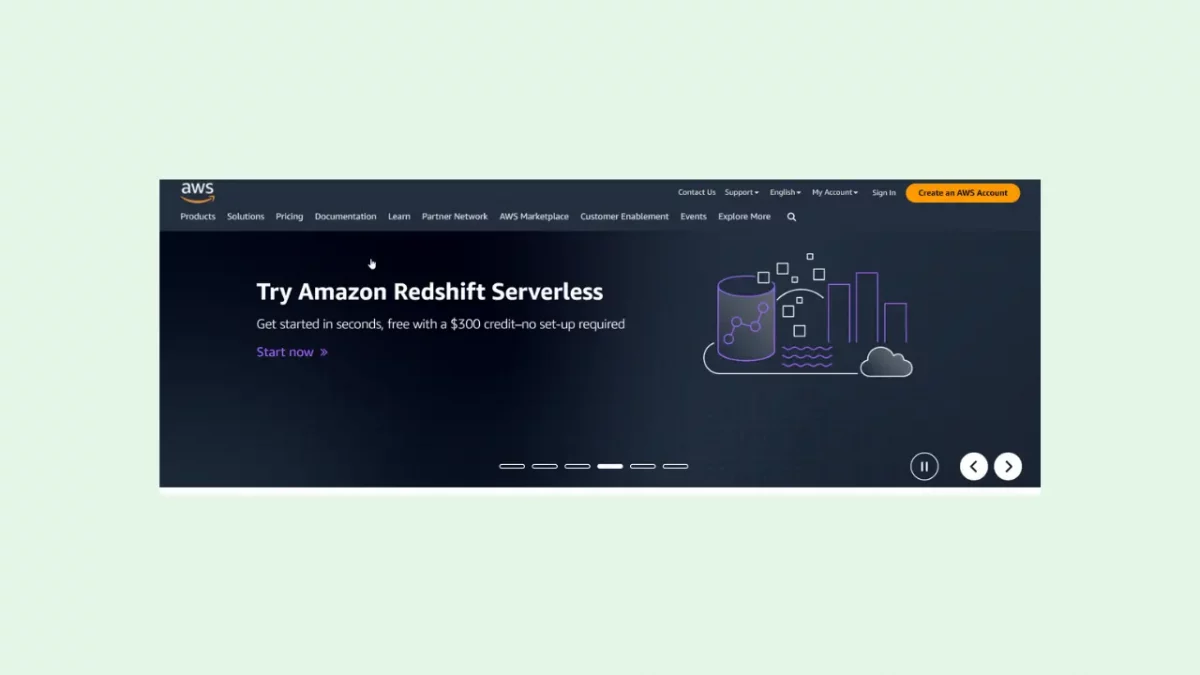
Earning certifications like AWS is like getting official badges of expertise. They prove you know how to use specific cloud platforms effectively.
Choose a reputable certification program like AWS, Azure, or Google Cloud and study for the exams. Once certified, you can demand a higher salary.
3. Specialize
Becoming an expert in a specific area within cloud computing, like security, networking, or DevOps, can make you more valuable because specialists are in demand.
Identify an area that interests you and invest time in learning it deeply. Mastering a niche skill can lead to higher-paying roles.
4. Stay Updated
Cloud technology is always changing. Staying informed about the latest trends and tools keeps your skills relevant.
Read tech news, follow industry blogs, and take advantage of online courses and webinars to stay current.
5. Showcase Problem-Solving Skills
Being good at solving complex problems is a valuable skill in cloud engineering. Employers appreciate engineers who can troubleshoot and find efficient solutions.
Highlight instances where you’ve solved difficult problems in your resume and interviews. Emphasize your problem-solving abilities.
6. Consider Relocation
Salaries can vary by location. Moving to a region with a higher demand for cloud engineers or lower living costs can lead to a higher salary.
Research job markets in different areas and be open to opportunities in locations where cloud engineering is in high demand.
7. Negotiate Effectively
Don’t settle for the first offer. Negotiating your salary when changing jobs or seeking a raise is crucial for earning what you’re worth.
Research typical salaries for your role, gather evidence of your skills and accomplishments and confidently advocate for your value during negotiations.
Remember that salary increases often come with a combination of experience, skills, and effective communication. By following these tips and continually investing in your knowledge and expertise, you can increase your earning potential as a Cloud Computing Engineer.
Kickstart your career by enrolling in GUVI’s Cloud Computing Course where you will master technologies like Matplotlib, Pandas, SQL, NLP, Deep Learning, and build interesting real-life cloud computing projects.
Alternatively, if you would like to explore Microsoft Azure through a Self-Paced course, try GUVI’s Azure certification course.
Conclusion
In conclusion, the world of cloud computing engineering in India is filled with both promise and potential. As we’ve explored, a cloud computing engineer’s salary can vary widely based on experience, location, and specialization. But one thing is clear: the demand for skilled cloud professionals continues to grow as businesses increasingly rely on the cloud for their operations.
Whether you’re just starting your journey as an entry-level engineer or aiming for the role of a cloud solutions architect, the opportunities are vast.
Remember that with dedication, continuous learning, and a passion for innovation, your cloud computing career can not only take flight but also bring rewarding financial gains along the way as a cloud computing engineer’s salary looks very promising
FAQ
Cloud computing refers to the delivery of computing services, including storage, databases, servers, networking, software, and analytics, over the Internet. It’s essential because it allows organizations to access and use these resources without owning or maintaining physical infrastructure, reducing costs and increasing scalability.
An average Cloud Computing Engineer’s salary varies depending on factors like experience and location. In India, it can range from ₹6,00,000 to ₹15,00,000 or more per year.
Cloud computing encompasses roles such as Cloud Solutions Architect, DevOps Engineer, Cloud Security Engineer, Cloud Consultant, and Cloud Administrator, among others.
You can begin by taking online courses and earning certifications in cloud platforms, building hands-on projects, and seeking entry-level positions or internships to gain experience.
Certifications, while not mandatory, can significantly enhance your cloud computing career by validating your skills and expertise in specific cloud platforms.

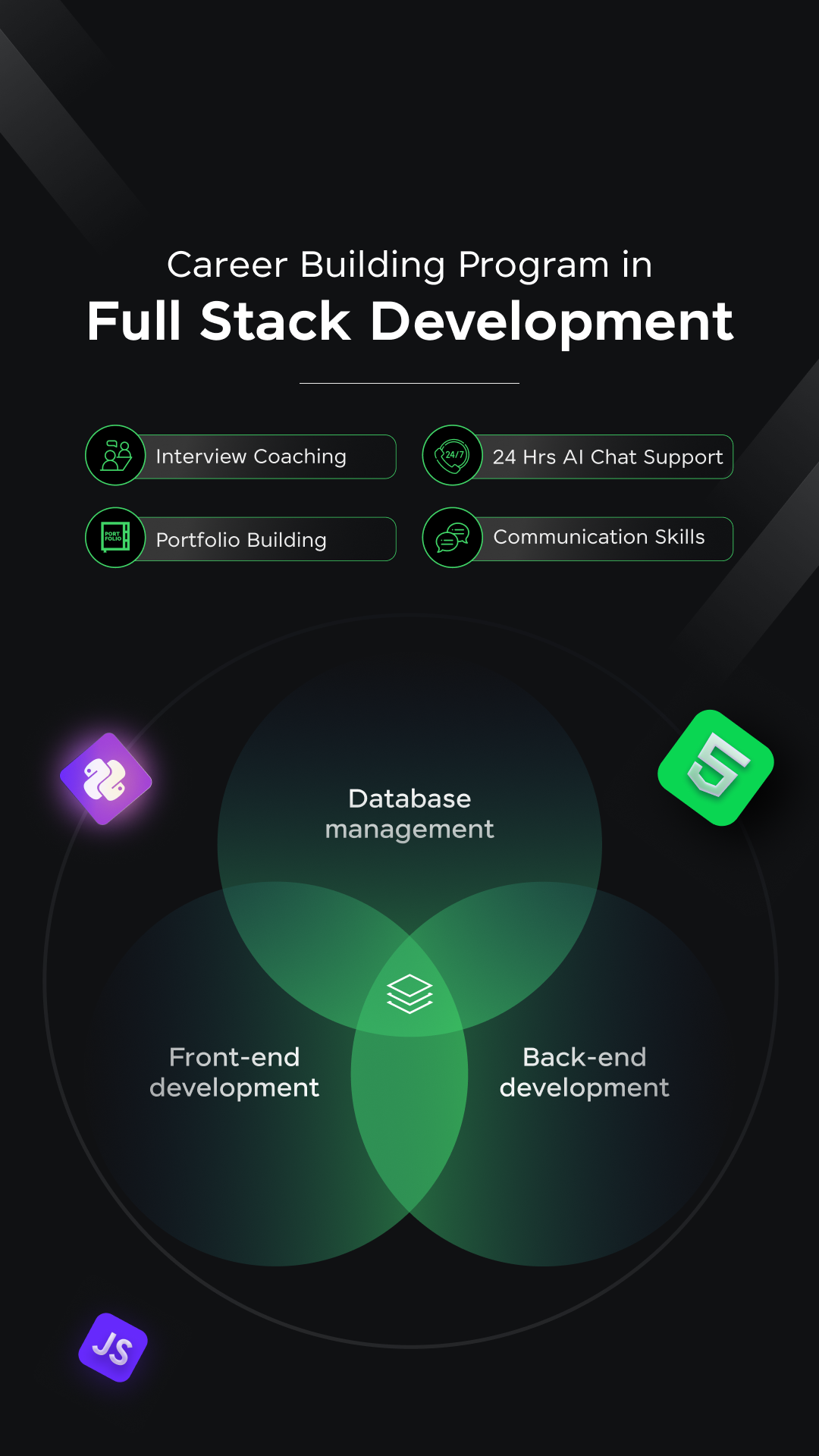


















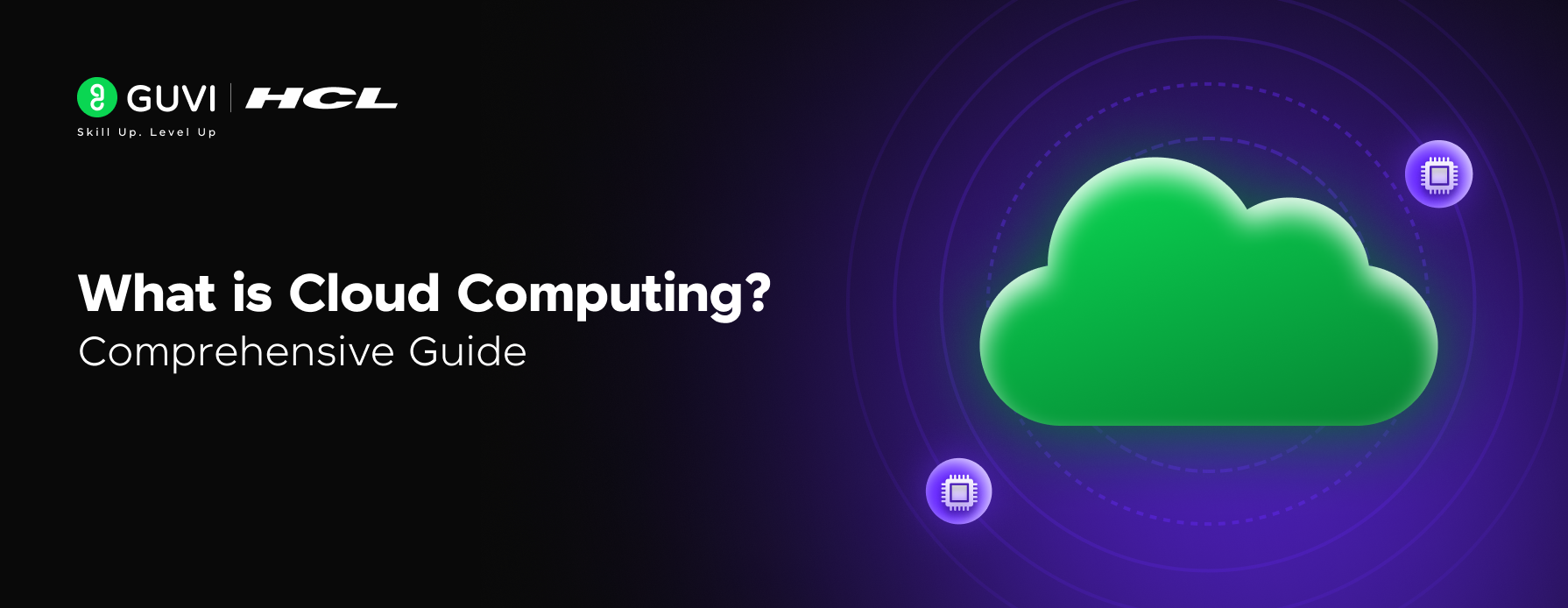
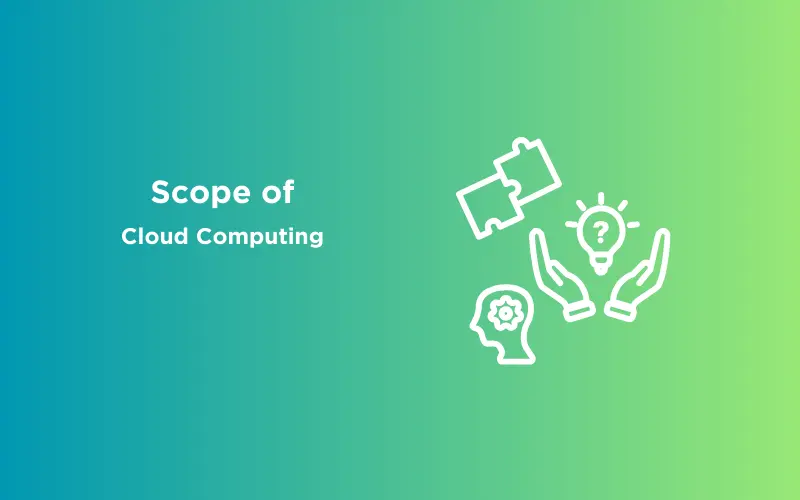
![10 Best AWS Cloud Computing Courses [Free+Paid] 11 AWS Cloud Computing Courses](https://www.guvi.in/blog/wp-content/uploads/2025/07/AWS-Cloud-Computing-Courses.webp)
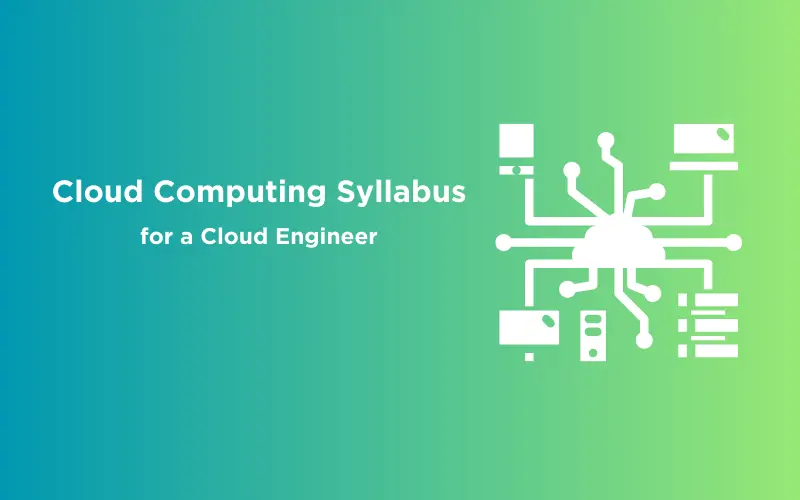


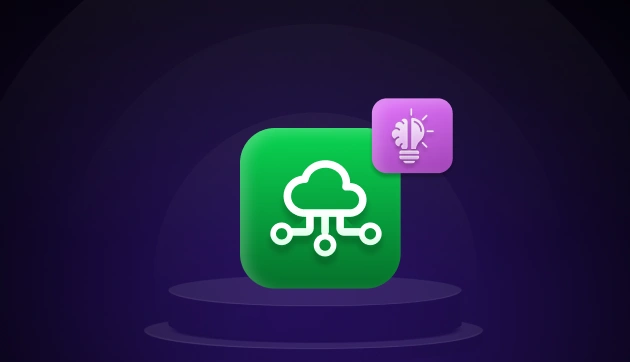

Did you enjoy this article?